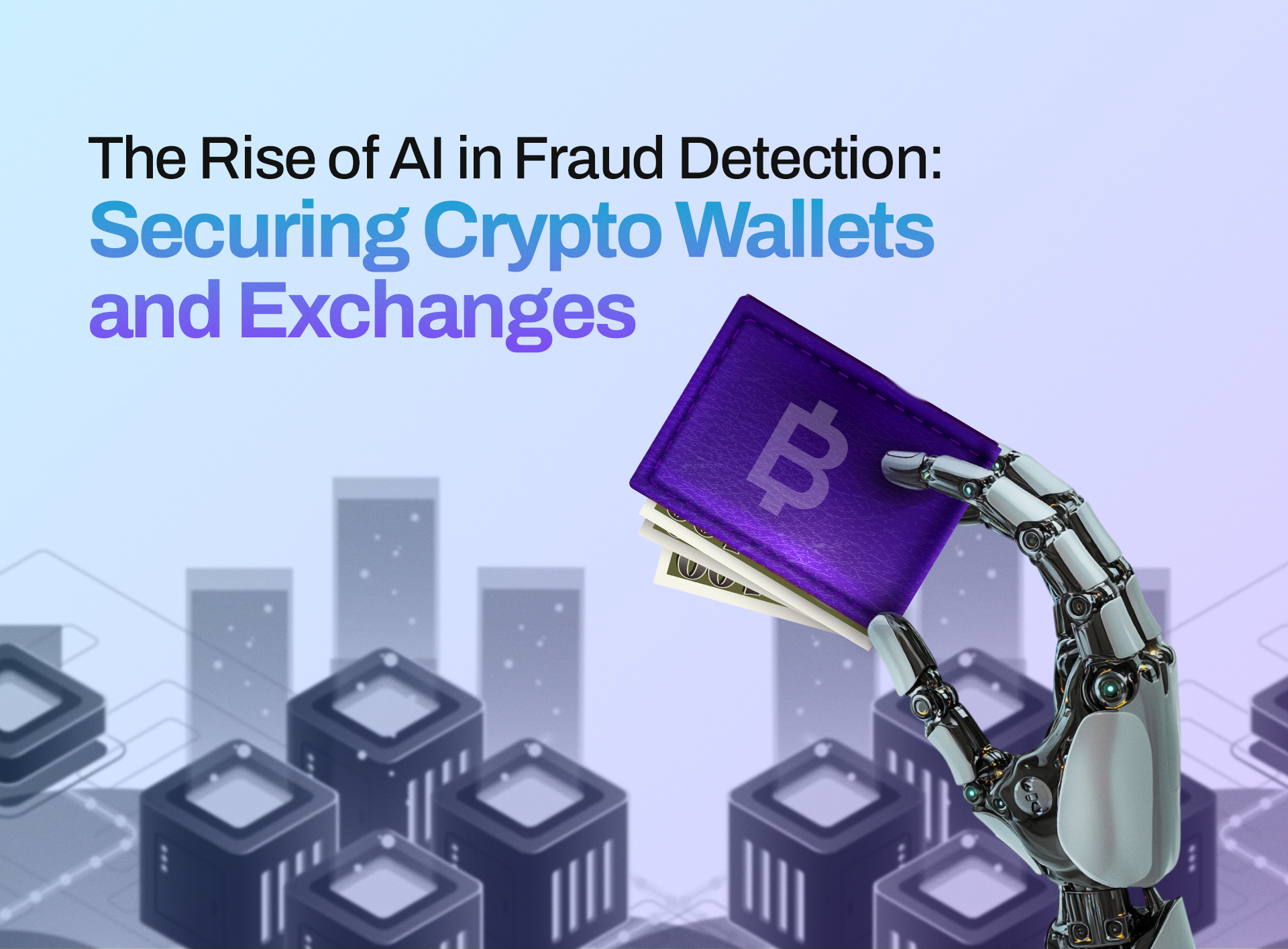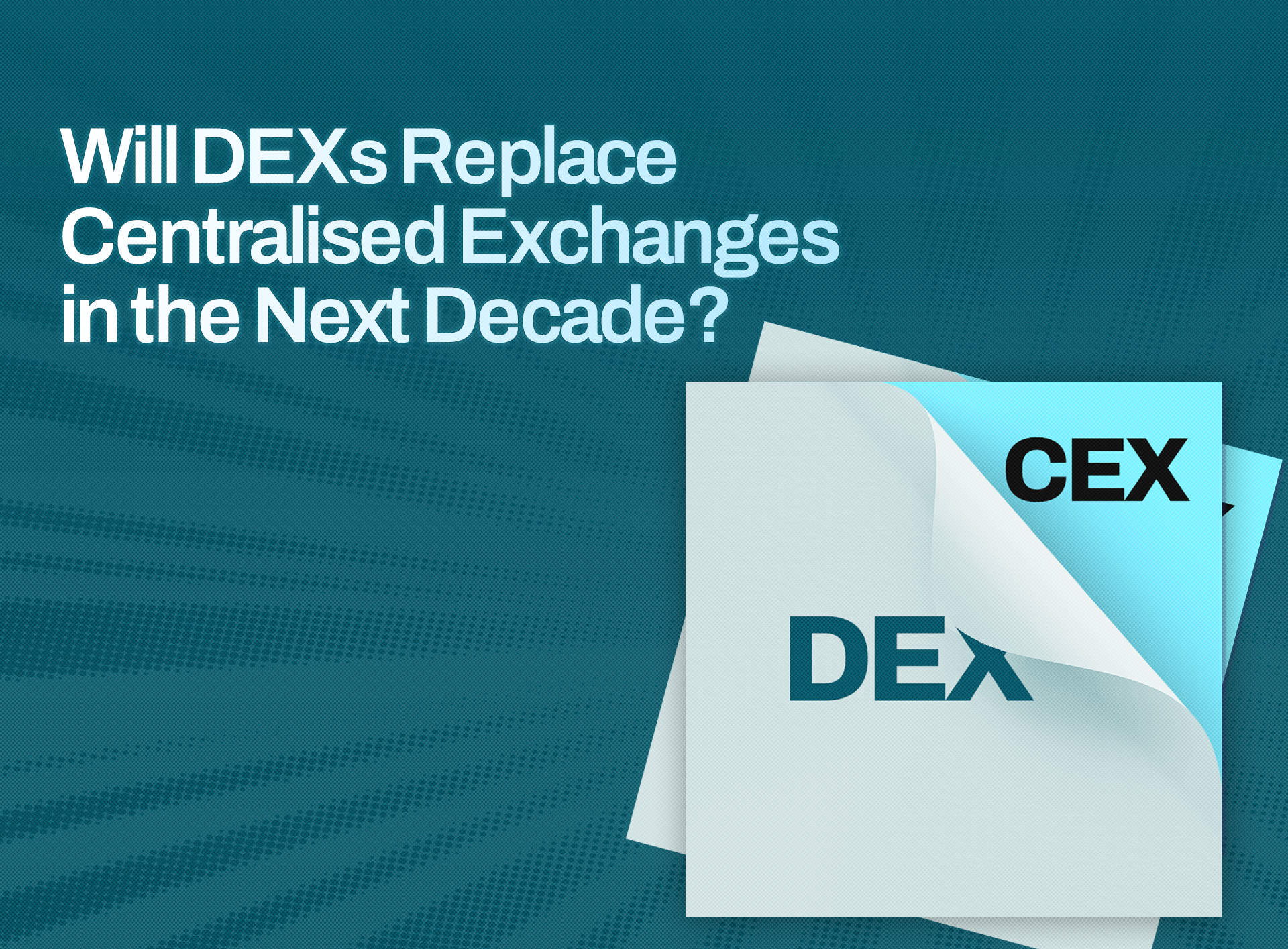TABLE OF CONTENTS:
1. What are Smart Contracts?
2. The Origin and Evolution of Smart Contracts
3. How Smart Contracts Work in Different Industries
4. Why Smart Contracts Matter in Blockchain
5. Challenges and Limitations of Smart Contracts
6. FAQs
7. Closing Thoughts
Blockchain technology has revolutionised how we think about data security and digital transactions. Among its many groundbreaking features, we have the smart contract, which is a game-changer in finance, business, and beyond. In this article, we'll discuss smart contracts and how they contribute to blockchain efficiency.
What Are Smart Contracts?
Smart contracts are self-executing, tamper-proof digital contracts that run on blockchain technology, with the terms of the agreement directly written into code. They are like computer programs that automatically enforce and execute the terms of a contract when specific conditions are met.
For instance, let’s say you want to buy a house. Instead of relying on a stack of paperwork and mediators, a smart contract can make the process as smooth as butter. It holds the purchase funds securely until both parties fulfill their obligations. The contract releases the funds once the seller transfers the property title and the buyer pays the agreed amount. No need for lawyers, real estate agents, or escrow services - it's all done automatically.
The Origin and Evolution of Smart Contracts
Smart contracts were first proposed by computer scientist and cryptographer Nick Szabo in the early 1990s. Szabo's vision was to create self-automated agreements using computer code, which would reduce the risk of fraud, save time, and eliminate the need for costly intermediaries.
In 2015, Ethereum was released, with a blockchain platform that made smart contracts practical and accessible. Ethereum's blockchain allowed developers to create decentralised applications, or DApps, which could use smart contracts to automate various processes. This development marked a significant milestone in the evolution of smart contracts.
Today, smart contracts are being used in numerous industries, ranging from finance and insurance to real estate and supply chain management. They work by relying on the security and transparency of blockchain technology, ensuring that the contract terms cannot be altered by any party once deployed.
How Smart Contracts Work in Different Industries
1. Real Estate Transactions: When buying a property, the smart contract holds the funds until the buyer and seller meet their obligations. Once the conditions are met, such as the successful transfer of property ownership, the contract releases the payment to the seller.
2. Insurance Payouts: In case of an accident, a smart contract can automatically trigger the payout to the insured party. Real-time data, like weather conditions or GPS tracking in a vehicle, can trigger this process.
3. Supply Chain Management: Smart contracts can be used to track the journey of a product from manufacturer to consumer. When the product reaches certain checkpoints, payments can be automatically released to various supply chain parties.
Why Smart Contracts Matter in Blockchain
1. Trust and Transparency: Smart contracts act as digital agreements that are stored on the blockchain. This means they're tamper-proof and transparent, making them immensely trustworthy.
2. Security: The blockchain is an ultra-secure ledger, and smart contracts inherit this security. They are practically hack-proof, which is a significant advantage in a world where cyber threats are ever-present.
3. Reduced Intermediaries: Traditional contracts often involve multiple intermediaries, like lawyers, notaries, and banks, which can slow down processes and add extra costs. Smart contracts cut out these intermediaries, allowing for a direct exchange of assets.
4. Automation: Smart contracts are like digital robots; they execute themselves when the conditions are met. If you're buying the car, once you've transferred the agreed-upon amount, the smart contract will automatically transfer the car's ownership to you. No need for manual processing or waiting for someone to do it for you.
5. Error Reduction: Humans are prone to making mistakes, even in contracts. Smart contracts are programmed, meaning they do precisely what they're told without any errors. This can save both parties from potential disputes and the headache of renegotiating terms.
6. Global Reach: Smart contracts can transcend borders. If you're buying a car from someone on the other side of the world, smart contracts can handle it. Blockchain technology operates globally, and smart contracts are no different.
7. Cost Efficiency: Implementing and executing smart contracts is cost-effective because it eliminates the need for various administrative expenses. It's like having an automated lawyer and notary at your service without the hefty fees.
Challenges and Limitations of Smart Contracts
While smart contracts in blockchain offer an array of benefits, they also come with their fair share of challenges and limitations that are essential to understand. Let’s analyse them:
1. Lack of Human Discretion: Smart contracts operate based on predefined codes and rules, leaving no room for human judgment. This means they can't adapt to unforeseen situations. Consider a rental agreement that needs to be extended due to unexpected circumstances. Smart contracts can't make such exceptions, leading to disputes.
2. Irreversible Transactions: Once a smart contract is executed, its actions are irreversible. Think of sending money to the wrong address – there's no 'undo' button. This makes errors costly and unforgiving.
3. Oracle Dependency: Smart contracts often rely on oracles, which are external sources of data, to make decisions. For instance, a weather-dependent contract may use an oracle to fetch weather data. If the oracle provides incorrect information, the entire contract's outcome may be flawed.
4. Legal Recognition: The legal status of smart contracts varies globally. In many jurisdictions, they aren't officially recognised. So, if you need to enforce a smart contract in court, it might not hold up as easily as a traditional contract.
5. Security Vulnerabilities: Smart contracts may be practically hack-proof, but they are not completely immune to bugs or hacking. In fact, they have been the target of numerous attacks, resulting in substantial losses. The infamous DAO hack (decentralised autonomous organisation) in 2016 saw millions of dollars drained from a decentralised organization.
6. Complexity: Developing smart contracts can be complex. Even a small mistake in the code can lead to catastrophic consequences. This complexity makes it challenging for those without a technical background to create secure contracts.
7. Scalability: As more transactions and smart contracts are added to a blockchain network, it can become slower and more expensive. This is a significant concern, particularly for blockchain platforms that aim to handle a high volume of smart contracts, like Ethereum.
8. Privacy Concerns: The transparency of blockchain, while a strength, can also be a limitation. Smart contract transactions are visible to all participants, potentially revealing sensitive business information.
9. High Initial Costs: Implementing smart contracts requires an initial investment in terms of technology and expertise. For many individuals and small businesses, this cost can be a barrier to entry.
10. Lack of Regulation: The absence of clear regulations for smart contracts can expose users to risks. There's a need for comprehensive legal frameworks to protect users and promote their adoption.
Closing Thoughts
Smart contracts are a revolutionary way to automate agreements, reduce costs, enhance security, and increase transparency. While they may seem complex, the real magic lies in their ability to simplify and streamline transactions, making them accessible to everyone, from businesses to individuals. Smart contracts are not just a concept; they are changing how we interact and do business in the digital age.
FAQs
Q1: Are smart contracts legally binding?
A1: Yes, they are. The code itself serves as the contract, and if both parties agree to the terms, it's legally enforceable.
Q2: Can anyone see the contents of a smart contract?
A2: Yes, smart contract data is visible to all participants on the blockchain, ensuring transparency.
Q3: What if there's a dispute in a smart contract?
A3: Disputes can be addressed through predetermined mechanisms within the contract or through traditional legal channels.
Q4: How are smart contracts different from traditional contracts?
A4: Traditional contracts are paper-based and require trust in intermediaries, while smart contracts are digital, automated, and trust in code.
Q5: Is coding knowledge required to create a smart contract?
A5: Yes, creating a smart contract requires programming skills. However, there are user-friendly platforms that simplify the process.
Q6: Can smart contracts be used for simple agreements, like lending money to a friend?
A6: Yes, smart contracts can be used for any agreement, from complex business deals to personal loans among friends.
Q7: Are there risks associated with smart contracts?
A7: Yes, like any technology, there are potential risks, including coding errors, vulnerabilities, and legal challenges.
Q8: What blockchains support smart contracts?
A8: Ethereum is the most well-known blockchain for smart contracts, but others, like Binance Smart Chain and Cardano, also support them.
Q9: How do I know if a smart contract is executed correctly?
A9: Transactions on a blockchain are traceable. You can check the status and execution of a smart contract on the blockchain explorer.
Q10: Can smart contracts be updated or modified after deployment?
A10: In most cases, smart contracts are unalterable once deployed. Changes require creating a new contract.
Disclaimer: This article was written to provide guidance and understanding. It is not an exhaustive article and should not be taken as financial advice. Obiex will not be held liable for your investment decisions.




